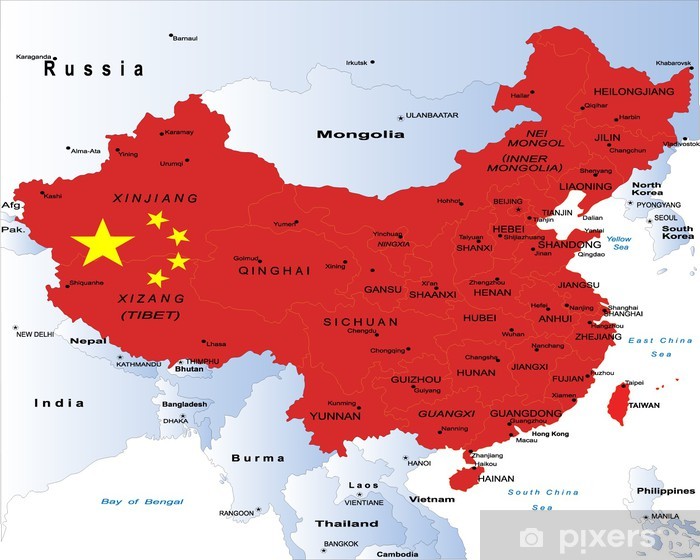UOT 327; 930.22
DOI: 10.30546/3006-0346.2024.4.82.42
КАНАН АХМАДОВ
Докторант кафедры Дипломатии
и современных интеграционных процессов
Бакинского Государственного Университета
[email protected]
АНАР ГАДИРОВ
Докторант кафедры политологии и социологии Бакинского Государственного Университета
[email protected]
РЕЗЮМЕ
Подъем Китая на международной арене — это многоаспектный процесс, включающий не только экономические, но также стратегические и культурные элементы. Экономический рост, технологический прогресс и глобальное политическое взаимодействие усилили роль Китая на мировой арене. Такие инициативы, как «Пояс и путь», расширили свое влияние на региональном и глобальном уровнях. Кроме того, заслуживают внимания культурная дипломатия Китая и расширение его участия в международных организациях. Но этот рост вызывает беспокойство в некоторых странах и вызывает различные дискуссии.
В статье анализируются последние изменения во внешней политике Китая с точки зрения «умной силы» и представлены уникальные особенности этой стратегии.
Ключевые слова: Китай, Евразия, «умная сила», Китайско-американские отношения, Либерализм.
KANAN AHMADOV
Doctoral student of the Department of
Diplomacy and modern integration processes
Baku State University
[email protected]
ANAR GADIROV
Doctoral student of the Department of
Political Science and Sociology
Baku State University
[email protected]
SUMMARY
China's rise on the international stage is a multifaceted process involving not only economic but also strategic and cultural elements. Economic growth, technological progress and global political interaction have strengthened China's role on the world stage. Initiatives such as the Belt and Road have expanded their influence regionally and globally. In addition, China's cultural diplomacy and increased participation in international organizations are noteworthy. But this increase is causing concern in some countries and causing various debates.
The article analyzes recent changes in Chinese foreign policy from the point of view of “smart power” and presents the unique features of this strategy.
Keywords: China, Eurasia, “smart power”, SinoAmerican relations, Liberalism.




